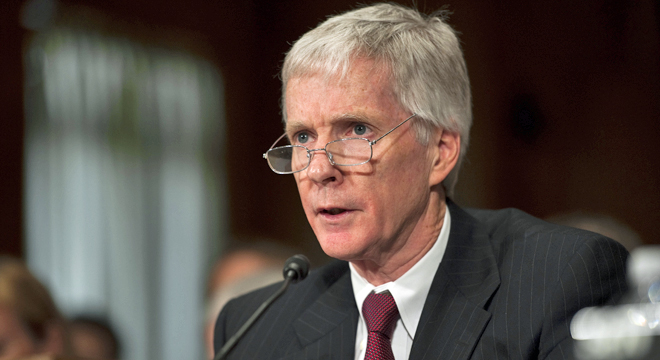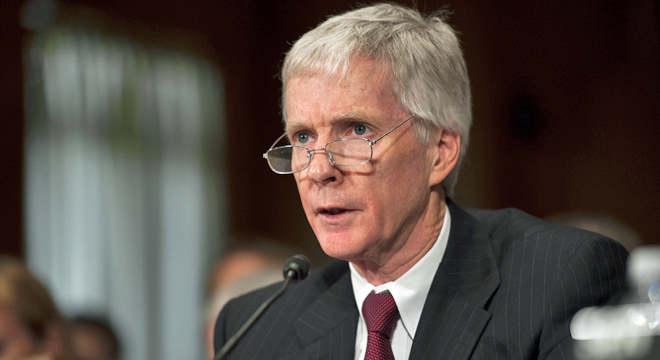
As Ambassador Crocker reflects on the 20th anniversary of the Iraq War, he unveils the profound changes that have shaped the Middle East. The bustling energy and revived spirit of Baghdad stand in stark contrast to the backdrop of over seven million Syrian refugees and the rise of the Islamic State. Crocker’s presence at the Baghdad International Dialogue Conference prompts contemplation on the lessons learned and the future of Iraq.
Dispelling the notion that non-intervention would have guaranteed stability, Crocker challenges the assumption that the invasion was solely responsible for Iraq’s troubles. He highlights missed opportunities, such as the failed pincer movement and the disbandment of the Iraqi army, which fueled the insurgency against the occupying forces.
The costs of the war have been staggering, with thousands of lives lost and a significant financial burden on the United States. Although combat operations officially ended in 2010, a limited number of troops remain for training and advisory purposes. A proposed repeal of the war authorization by Congress holds symbolic weight but is unlikely to impact the ongoing military operations.
At the conference, sponsored by Prime Minister al-Sudani, signs of positive change emerge. Al-Sudani’s lifelong connection to Iraq and his commitment to combat endemic corruption offer hope for the nation’s development. Crocker stresses the importance of internal governance reforms, emphasizing that lasting change must come from within.
Optimistically, Crocker notes the transition of militia leaders into the political sphere, choosing governance over violence. This shift demonstrates Iraq’s potential for democratic progress. However, he urges caution and reflection on the Iraq War, highlighting the need for prudence in major military interventions and the long-lasting consequences they can entail.
Through his insights, Crocker prompts a deeper understanding of the Iraq War’s legacy, shedding light on the challenges faced, the importance of internal reforms, and the imperative of thoughtful decision-making in future foreign policy endeavors. The path forward requires acknowledging the past while remaining vigilant in shaping a more stable and prosperous Middle East.


